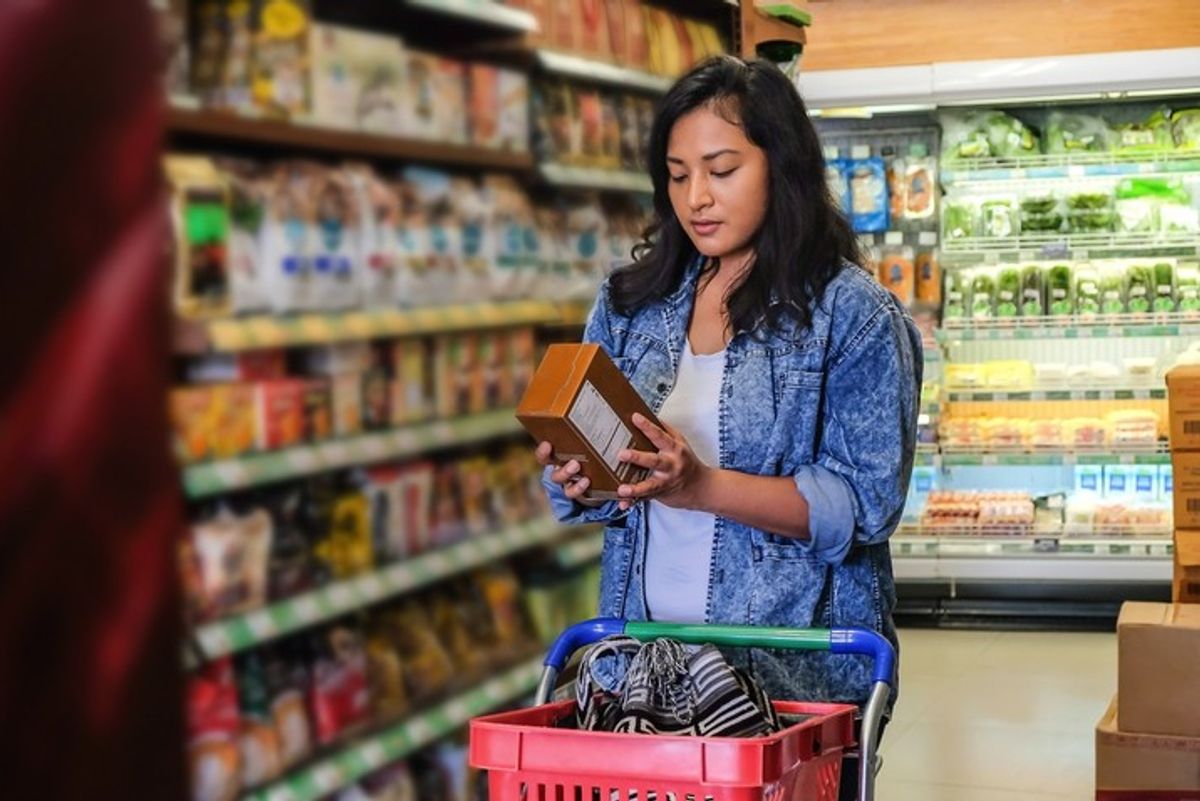Many shoppers don't trust top UK grocery companies when it comes to carbon footprint, claims a new report.
According to a new report released today by Bord Bia’s Thinking House, 61 per cent of UK consumers have expressed a lack of trust in the claims top UK grocery companies make when it comes to declaring their carbon footprint.
Despite bold corporate moves towards achieving net zero, consumer confusion around carbon is rising. 53% of shoppers stated there are too many different messages relating to carbon footprint and carbon emissions in the report titled ‘Consumer & Carbon ‘Cutting through the Carbon Jargon’.
Furthermore, 59 per cent of consumers said they have no awareness of what their carbon footprint should even be, and 51 per cent claim to need help in lowering their carbon footprint, as they currently face a myriad of barriers when they attempt to be more carbon friendly.
As a result, 73 per cent of shoppers think that household brands should take on the responsibility for them and that they need to be more transparent in relation to their carbon footprint. Packaged consumer foods ranked the highest of the different food types contributing to carbon emissions at 42 per cent.
Confusion also remains around the terminology and words such as ‘sustainability’, ‘environmental’, and ‘carbon positive’ have been left undefined. Added to this is a wide variety of competing industry benchmarks on packaging.
The report demonstrates a huge window of opportunity for businesses to cut through on carbon labelling to provide more clarity and reassurance as consumers will only start to understand its importance as they start to gain clarity on its impact.
Commenting on the findings Cian O’Mahony, insight & planning specialist at Bord Bia, said, “There is an opportunity to cut through and solve the existing communications breakdown, as Bord Bia’s research identifies the most effective methods of improving consumer understanding of carbon.
“These insights present clear recommendations and guidance for brands and businesses to develop an effective form of carbon communication, which is key in today’s climate.”


